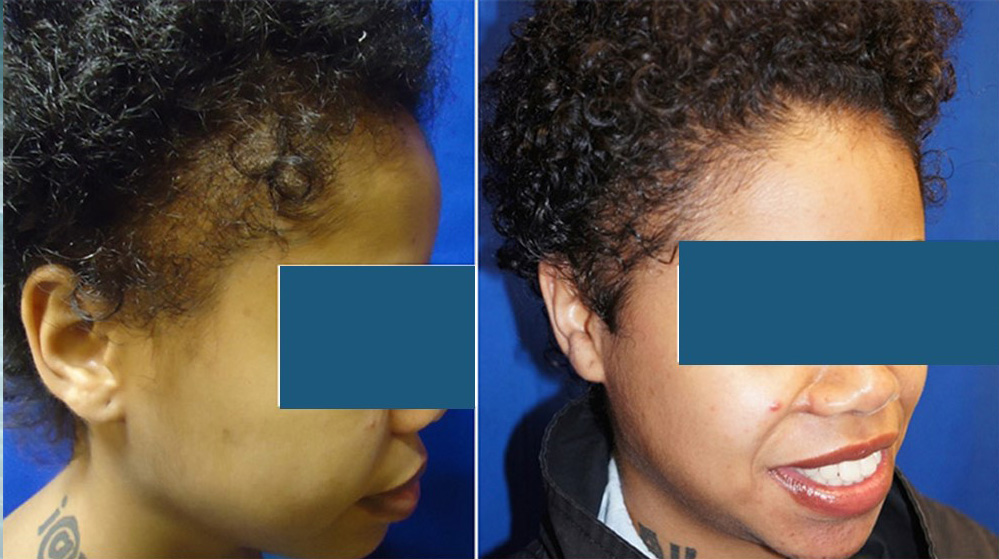Female Hair Loss

HAIR LOSS SOLUTIONS FOR WOMEN IN NYC
Female hair loss is unpredictable, usually diffuse and extremely frustrating.
Women are not supposed to lose hair or worse go bald, but unfortunately many do. The good news is that with today’s medical and surgical technology most women can restore their hair.
Dr. Roy B. Stoller is a board certified facial plastic surgeon and Dr. of Osteopathy with over 25 years experience in hair restoration medicine and surgery.
As a pioneer in the field of hair transplant surgery, he served as Medical Director for one of the nations largest hair restoration centers before going into private practice. He currently heads one of the most advanced surgical and non-surgical hair loss treatment centers in New York City.
What are your solutions?
Follicular Unit Transplant (FUT)
In this now classic form of hair transplantation, a strip of tissue containing follicular hair units will be removed from the safe zonein the back of your head.
Follicular Unit Extraction (FUE)
Dr. Stoller is the foremost doctor for hair restoration utilizing this form of hair transplant in which follicular units are extracted one-by-one.
Is Surgery The Only Solution? Absolutely Not.
Micropigmentation
When candidates can’t have complete coverage of their bald spot or want to add density, this non-invasive procedure is a patient favorite.
Laser Therapy
While this form of hair loss treatment doesn’t deliver surgical results, in most cases it does generate growth*.
PRP (Platelet Rich Plasma)
Always in the forefront of hair loss treatments, Dr. Stoller can utilize your own blood to regrow your hair*.
Medical Plan
With a strong over-the-counter regimen and prescription plan, Dr. Stoller can make a difference in your hair loss*.
